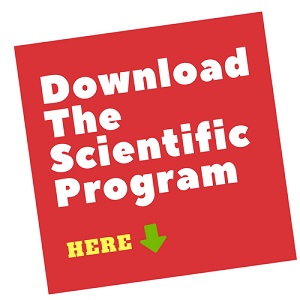
Ahmed Lubwama
PhD student at Open University of Tanzania
Title: Biogas a viable untapped alternative energy for abattoirs of Dar es Salaam
Biography
Biography: Ahmed Lubwama
Abstract
Dar es Salam as one of the enlarging cities characterized by rapid increase in the population coupled with high generation rates of wastes of different categories from different sources; slaughterhouses inclusive. The augmented rate of demand for abattoir products has accelerated the rate of animals being slaughtered daily and so is the rate of abattoir related wastes. This is worsened by unsustainable waste management strategies which threatens the health status of not only the surrounding communities but also Dar es Salaam urbanites at large. Despite the biogas generation technology depending on the abattoir wastes is one of the sustainable waste management strategies as it will reduce the rate of waste to the environment as well producing a clean alternative energy, it has not been adopted in the slaughterhouses of Dar es Salaam. Therefore the study was inevitable as it aimed at identifying the reasons for the slow adoption of Biogas Technology (BGT) by the slaughterhouses. The study utilized purposive sampling in using Dar es Salaam city due to its being populous as well as the City abattoir of Vigunguti and Mazizini slaughterhouse at Ukonga because of their high number of slaughtered animals. During the study snowball sampling was used to administer an in-depth interview to those associated with the slaughter process on how the waste is dealt with and with the management of the slaughterhouses. In addition to that observation technique was adopted checking on how waste is collected and disposed. The study had to identify the typology of abattoir waste, to examine the waste collection and disposal methods used as well as the limitations to BGT at the slaughterhouses. Basing on the data obtained from field observations, face-to-face interviews undertaken from the butchers, slaughterhouse administrators, waste revealed that the most generated abattoir waste is in form of leftover meat, blood, and dung; abattoir waste is haphazardly disposed in the open space, the alternative waste disposal methods could be burning, burying and use for animal feeds though burning was hampered by the dark smoke, the limitations for adopting BGT were lack of effective & clear policies, lack of awareness, etc. The study recommends laying a basis for waste sorting, adoption of BGT which is to play a significant role in abattoir waste management and controlling the emission of GHGs.

